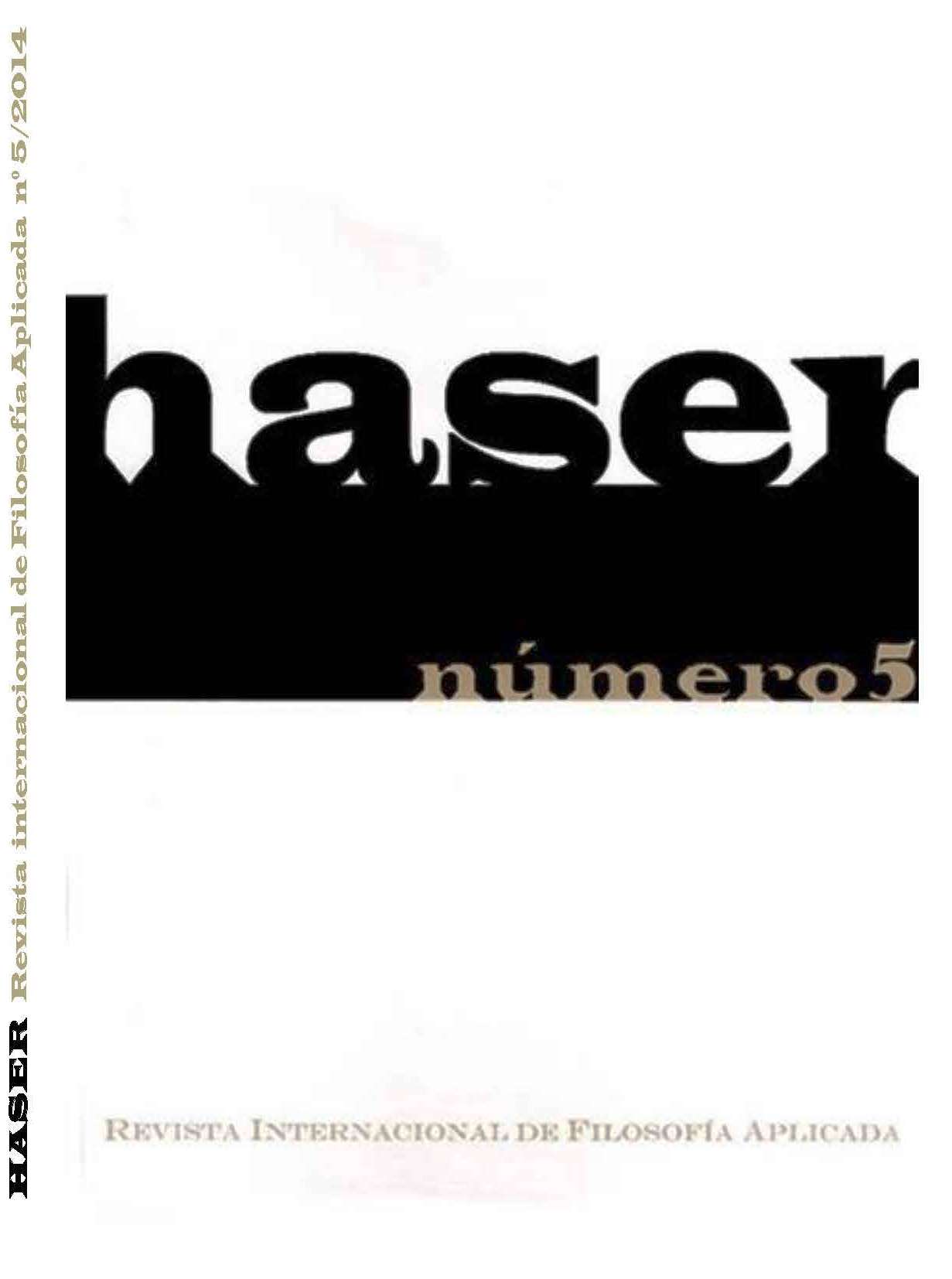LA IMPORTANCIA Y LA APLICABILIDAD DE LA FILOSOFÍA PARA NIÑOS EN LA SOCIEDAD ACTUAL
Resumen
Deberá la filosofía volverse accesible y aplicarse a los niños? De qué forma la Filosofía para niños puede ayudar a los niños/jóvenes a pensar mejor? Cómo podemos aprender a pensar? Este artículo demuestra lo que es la Filosofía para niños, realzando su real importancia en una sociedad donde cada vez hay más niños y jóvenes que se limitan a estandarizar comportamientos, opiniones, actitudes y valores, que no tienen opinión propia, que no quieren perder su tiempo pensando, que no tienen conciencia del pensar en sus vidas, matando así la curiosidad natural que persiste en todo el ser humano, y por eso alienados de la conciencia real de la sociedad. Es necesario preceptuar los niños y jóvenes a parar para que piensen, a saber oír y a hacerse oír, a contemplar y mirar el incógnito con placidez y a apreciarlo como algo maravilloso y por descubrir. La filosofía puede aplicarse a los niños. Tenemos que usar la inquietud natural y espontánea de los niños. La filosofía para niños puede ayudar a los niños y a los jóvenes en el desarrollo del razonamiento, puede enseñarlos a pensar cómo podemos pensar mejor, volviéndolos más críticos, argumentativos, creativos, preguntones, reflexivos y con opiniones propias.
Descargas
Descargas
Publicado
Cómo citar
Número
Sección
Licencia
Los autores/as que publiquen en esta revista aceptan las siguientes condiciones:
1. Los autores/as conservan los derechos de autor y ceden a la revista el derecho de la primera publicación, con el trabajo registrado con la licencia de atribución de Creative Commons, que permite a terceros utilizar lo publicado siempre que mencionen la autoría del trabajo y a la primera publicación en esta revista.
2. Los autores/as pueden realizar otros acuerdos contractuales independientes y adicionales para la distribución no exclusiva de la versión del artículo publicado en esta revista (p. ej., incluirlo en un repositorio institucional o publicarlo en un libro) siempre que indiquen claramente que el trabajo se publicó por primera vez en esta revista.
3. Se permite y recomienda a los autores/as a publicar su trabajo en Internet (por ejemplo en páginas institucionales o personales) antes y durante el proceso de revisión y publicación, ya que puede conducir a intercambios productivos y a una mayor y más rápida difusión del trabajo publicado (vea The Effect of Open Access).
- Resumen 184
- PDF 110


